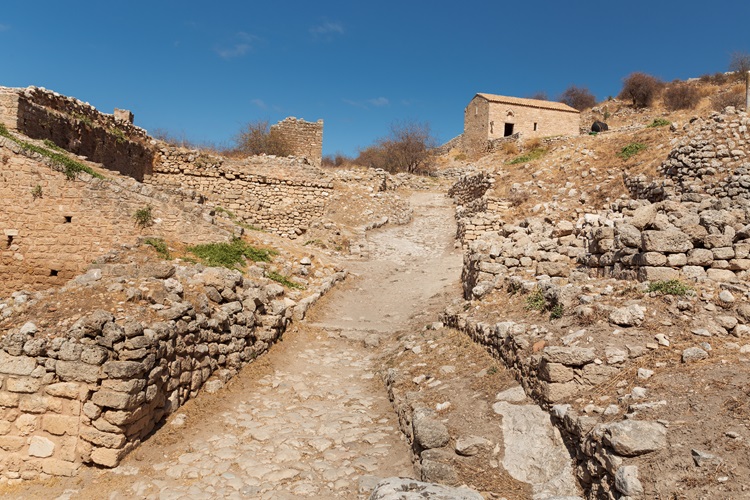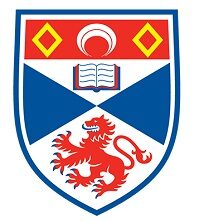5-6:30pm, 14 March 2024, Buchanan Room 216
Professor Peter Constantine, University of Connecticut
When a language becomes extinct, it takes with it more than just its words to a silent grave. With it disappear millennia of culture, knowledge, and tradition. Its unique interpretation of our world unravels and dies. UNESCO warns us that 90 to 95 percent of our world’s languages will die by the end of this century. In isolated mountain villages of Greece, several non-Greek indigenous languages are still spoken—among them Arvanitika, Gagauz, Pomakika, Ponash, Vlachika—all severely endangered. When I was a child in our village in Corinth, Arvanitika was still alive, though almost everyone was shifting to Greek. Few people under eighty are able to speak the language anymore. My generation is one of terminal speakers. In my talk I will discuss the experience (and challenges) of translating an isolated and unknown oral literature from a dying language without alphabet, dictionaries, or fluent speakers.

